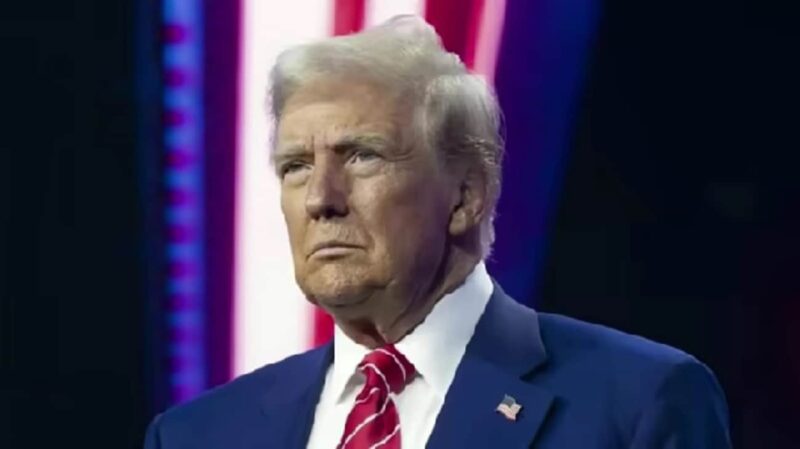NYT: Trump Opposes Israeli Strike on Iran’s Nuclear Facilities

The news column reports on an unexpected turn in the US-Iran conflict, as well as changes in the stance of the current US President Donald Trump regarding potential military actions against Iran. According to information obtained from reputable sources, including publications by The New York Times, the American administration is now leaning towards diplomatic methods to resolve tensions surrounding Iran’s nuclear program, abandoning the idea of supporting an Israeli strike on Tehran’s potential nuclear sites. Sources claim that in May of this year, Israel developed a detailed plan to attack Iranian nuclear facilities with the goal of delaying their ability to produce nuclear weapons for at least a year or even longer, leaving the public and the international community in a state of tense anticipation. At the same time, implementing such a scenario could have required US support, particularly to ensure the effectiveness of the strikes and to prevent an immediate response from Tehran that could affect the region and have global repercussions. However, it should be noted that the decision regarding possible use of force was made with great consideration of potential consequences and, according to sources, with the interests of the US in mind. After months of internal discussions and political debates, Donald Trump ultimately chose diplomatic channels and negotiations with Tehran, viewing them as more promising for stabilizing the situation. Thus, recent events indicate an escalation of diplomatic efforts between the US and Iran. Last Saturday, the first negotiations in months took place in Oman, receiving positive feedback from participants and being described as “productive and constructive.” According to government sources, a second round of talks is planned, likely to be held in Rome, signaling the growing importance of diplomatic dialogue in seeking a resolution to the conflict. What indirectly preceded this return to diplomacy? Previously, Trump repeatedly threatened that Iran would face relentless military strikes if it refused to agree to a new nuclear deal with the US. On April 14 this year, the US President explicitly stated that Tehran was intentionally delaying negotiations for a new nuclear agreement and threatened military force if Iranian nuclear development continued. Overall, this situation highlights internal struggles within US foreign policy approaches and their commitment to diplomacy over military intervention, even regarding such sensitive issues as Iran’s nuclear program. It is expected that ongoing negotiations and related decisions will influence the regional security dynamics in the coming months.

